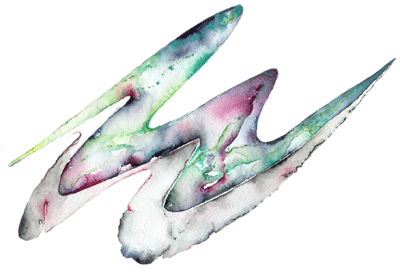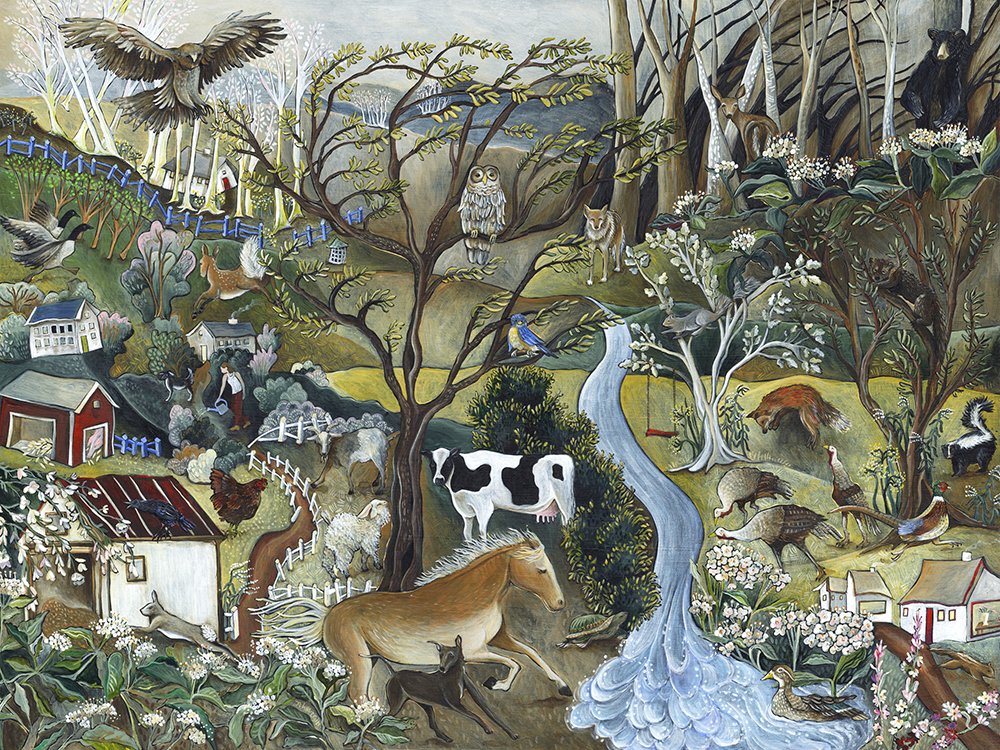Week 7 - Isaiah 43:1-28
This salvation oracle enacts a great
scenario of homecoming.
It is for the benefit of the displaced
who are the beloved. - Walter Brueggemann
By now we are getting used to the pendulum swing of Isaiah — “I am for you” tugging with “I am against you”. On a recent walk, Penny, Bev and I remarked again how similar to Revelation it all feels. Remember the violence? Seven-headed beasts, blood flowing in the streets up to a horse’s eyeballs, red dragons. But every vision that takes us to the brink of disaster also turns to promise and possibility on the next page. Isaiah’s poetry fits right in there. During Watershed’s course on Revelation, author Craig Koester reminded often to “keep turning the page” if we’re disturbed. His advice remains relevant for Isaiah and the swings of 2020. (And it ain’t pretty - can you say “utter destruction” and “annihilation”?)
This week’s passage has it all, as this week’s title hints. Yahweh is deeply devoted to Israel but also uncompromising when they are disobedient. The chapter includes some of the most consoling, breathtaking poetry as well as some of the harshest words.
In pondering it all, our cat Bijou came to mind. She was recently diagnosed with a bladder infection which requires us to administer a pill once/day, something most cats detest. In the beginning, she’d foam at the mouth and just when I thought victory was mine, the pill mysteriously landed on the floor as she slunk away. I learned that a gentle approach worked better to earn her trust. I’d calm myself, pick her up, pet her and tell her what a good girl she is. And it’s worked! No more foaming and spitting (at least not usually), and the medicine is working.
I imagine that, like Bijou, the comforting words in today’s passage helped Israel allow the harsh medicine in. Yahweh's words to Israel are equal parts consolation and gloom — consoling when Israel has forgotten their identity and harsh when they are disobedient and unresponsive.
At the beginning of Watershed’s Isaiah course, I made cards with a verse from Isaiah for each of us to adopt and meditate on throughout. This week it occurred to me that I didn’t choose any of the “bitter pill” verses like, “You have not honored me” (43:23); “You have burdened me with your sins” (43:24) or “I delivered Jacob to utter destruction” (43:28). These might have ended in the recycling bin! Instead, I chose verses of comfort, many of them from this very chapter, such as the one I picked, “When you go through deep waters, I will be with you.” (43:2) Comforting verses are best for encouragement cards, but it strikes me that our lives of faith are more messy, vacillating between despair and joy like Isaiah does.
Early in the pandemic in March 2020, a writer aptly predicted what he thought would happen in culture with the words “The Hammer and the Dance.” We’d vacillate between the restrictions imposed to control outbreaks (the hammer) and the easing of restrictions (the dance) when the outbreak was under control. For healing to happen, we needed to expect a continual ebb and flow of the hammer and the dance.
“The hammer and the dance” describes what’s happening in Isaiah. Brueggemann reminds us that it’s all connected, and each section is intentionally designed to go together. And all of it is for the benefit of the displaced and beloved community.
- Lydia
Reading: Brueggemann pages 51-63
Questions for Reflection
- Does the prophet seem to portray God as having human emotions? If so, why?
- Describe a time when some “tough medicine” led to your healing. Did you resist? What helped you accept it?
- Isaiah 43:1 says “I have called you by name.” Can you think of a 3 or 4 word phrase describing the name God has given you?
- Isaiah 43:18-19 says “Do not remember the former things…I am about to do a new thing.” What might these verses have meant for Israel, or for you? What former and new things is God talking about?
- It seems that the end (especially verse 28) is one step beyond punitive/harsh. What do we do about God’s vindictive nature? How do we understand what God is like?
image by Frida Kahlo from John Smedley Blog




